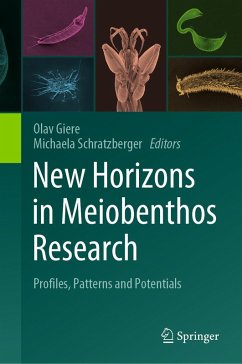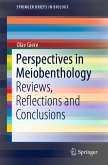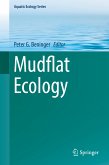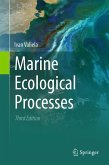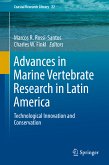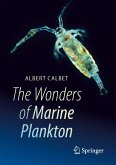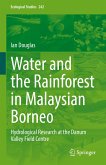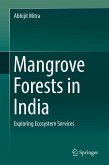Dieser Download kann aus rechtlichen Gründen nur mit Rechnungsadresse in A, B, BG, CY, CZ, D, DK, EW, E, FIN, F, GR, HR, H, IRL, I, LT, L, LR, M, NL, PL, P, R, S, SLO, SK ausgeliefert werden.
"Reading this book felt like assimilating the meiobenthology equivalent of the whole Library of Congress. Yet almost its entire, impressive content was brought into existence because the authors, as Newton and his predecessors so appropriately formulated, were 'standing on the shoulders of giants' and chief among them Olav Giere himself. With the collaboration of Michaela Schratzberger, this illustrious patriarch has gifted the field of meiobenthology with its most important work to date." (Peter G. Beninger, Invertebrate Biology, June 13, 2023)
"The thorough review of each topic by authors experienced in the subject coupled with a comprehensive reference list should encourage a student or a researcher beginning a study of meiobenthos to go beyond the identification of individual taxa and study the community as a whole. It is also a recognition of the importance of the meiobenthos in regulating ecological processes and should be ample justification for their inclusion in research of ecosystems." (JyotsnaSharma, Bulletin - Ecological Society of America, May 29, 2023)

